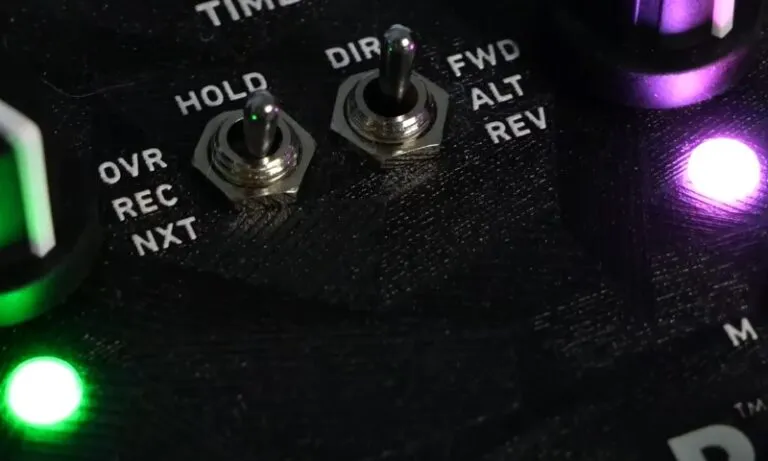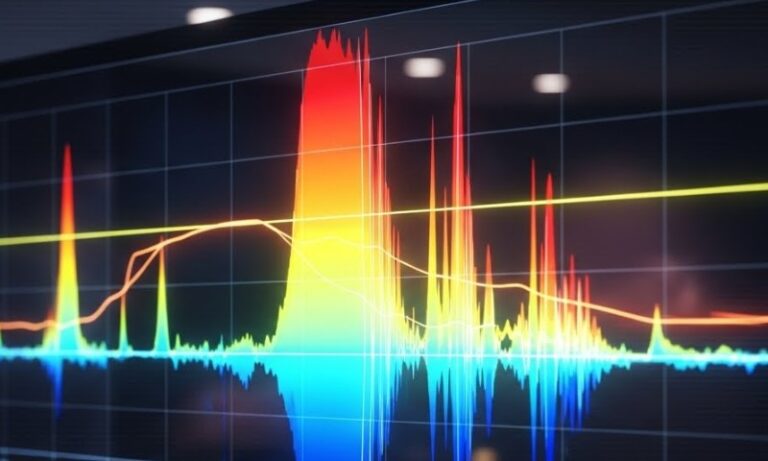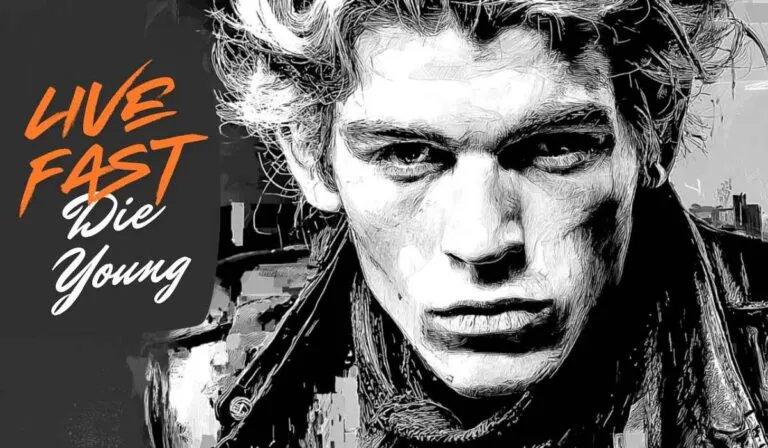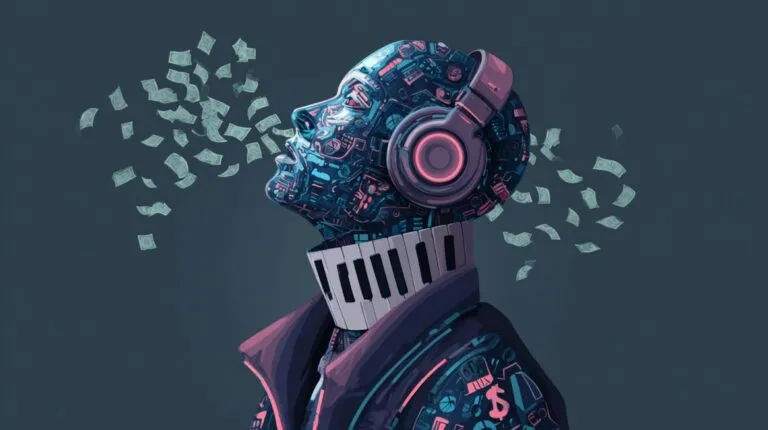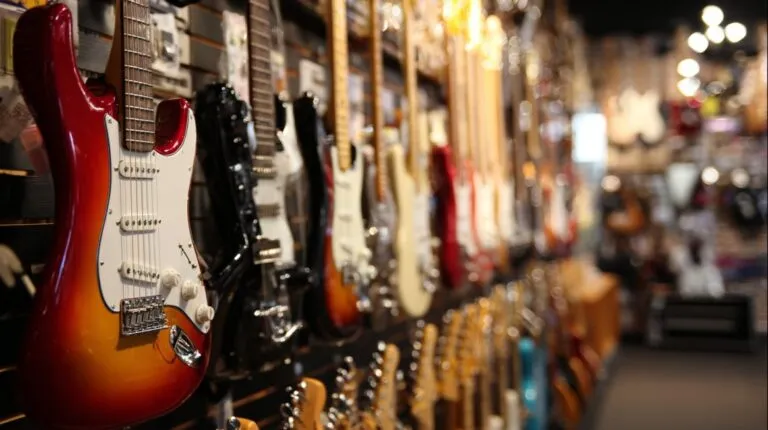Artificial intelligence has made its way into the music industry, not as a passing trend but as a significant force. Tracks generated with minimal human input are gaining popularity, and even legendary bands are using AI to resurrect old recordings.
The debate is heating up; some hail it as a breakthrough, while others warn of cultural erosion and creative loss. Legal frameworks, artistic authenticity, and emotional connection all come into question.
With AI transforming how music is created and consumed, there’s a pressing need to ask what it means for the future of sound.
Table of Contents
ToggleThe Rise of AI-Generated Music
AI-generated music has moved from novelty to a mainstream phenomenon, capturing global attention through a series of high-profile milestones.
One of the most discussed moments was when AI-assisted technology was used to restore a long-lost Beatles track.
Advanced separation tools isolated vocals and instruments, allowing a complete song to be reconstructed decades after it was recorded.
Viral tracks like “Heart on My Sleeve” by Ghostwriter977 took the conversation further.
- Tone
- Cadence
- Stylistic nuance
Commercial and creative platforms have entered the space to meet growing demand. Among the most influential tools are:
- AIVA: Designed for professionals, this platform generates orchestral scores for film, games, and commercials.
- Amper Music: Focused on user-friendly interfaces, Amper allows even non-musicians to create high-quality tracks quickly.
- Elf.Tech: Offers voice-cloning capabilities, enabling artists to license their vocal identity for third-party use.
To highlight current use cases of AI-generated music:
- YouTube creators use AI to produce custom background tracks tailored to the tone of each video.
- Advertisers generate multiple jingles in various moods and tempos for testing market response.
- Game developers rely on AI tools to develop adaptive soundtracks that change dynamically based on player input.
With widespread access and minimal cost, AI-generated music is flooding digital platforms at an unprecedented speed.
Creative Opportunities and Innovation
AI-generated music is not just disrupting workflows; it’s opening doors for artistic expansion and operational efficiency.
Tools once limited to tech labs are now accessible to bedroom producers and Grammy-winning musicians alike.
Artists are using machine learning not to replace themselves but to enhance the depth and breadth of their work.
- Speed
- Adaptability
- Cost control
Opportunities are growing at every level of music creation.
As a Tool for Artists

Creative block can derail projects and stall momentum. AI presents a way out by acting as a non-human collaborator.
Melody suggestions, chord structures, drum patterns, and lyrical ideas can be generated instantly, offering artists a starting point instead of a blank page.
For those venturing into unfamiliar genres, AI can simulate stylistic nuances with ease, serving as a musical guide through unfamiliar territory.
Grimes has leaned fully into this development, allowing anyone to use her voice via Elf.Tech. Instead of gatekeeping, she chose to become an instrument.
- Quick prompts for melody lines, chord progressions, or lyrical snippets.
- Immediate emulation of stylistic traits in classical, jazz, EDM, metal, and more.
- Manipulating AI outputs to match an artist’s style, theme, or emotional tone.
- Replacing the need for a co-writer or producer during early stages.
AI does not have to be the author of the music, it can be the assistant who never sleeps, the collaborator who doesn’t argue, and the guide who constantly suggests something new.
Industry Efficiency
Commercial music production has always been bound by time constraints.
Campaigns, advertisements, corporate content, and streaming media rely on fast turnarounds. AI-generated music fits into these deadlines seamlessly, helping teams reduce overhead while increasing output.
One-click soundtrack generation has shifted what used to take days into something achievable in under an hour.
Marketing agencies, content creators, and video producers now use AI tools to tailor mood-specific tracks with minimal effort.
Style parameters can be set, emotions targeted, and durations locked in, all without hiring a session musician or booking a studio.
- Complete jingles and background scores produced in minutes.
- Less dependency on studios, session artists, or external composers.
- Ability to quickly test different versions of a track for tone and message.
- Multiple projects managed simultaneously without exhausting human teams.
Emotional and Artistic Concerns

Music has long been more than sound waves and structured harmonies, it carries memory, struggle, passion, and humanity.
Every note crafted by a human composer tells a story. As AI-generated music gains ground, questions begin to surface about what’s being lost in the process.
Technological advancement has brought undeniable efficiency, but many fear that the emotional connection between artist and listener is being diluted in favor of speed and surface-level perfection.
The “Soulless” Critique
AI can replicate sound, rhythm and even mimic a singer’s vocal tone, but it cannot replicate lived experience.
A breakup, a protest, a eulogy, moments that shape meaningful music, cannot be synthesized.
Critics argue that while AI-generated tracks may impress on a technical level, they fail to leave a lasting emotional imprint.
- Machines do not feel loss, joy, heartbreak, or awe. They simulate patterns without having been shaped by the emotions they aim to express.
- Listeners may notice that AI tracks sound “right,” but feel “off.” That absence of soul is not just a perception, it’s a consequence of algorithms chasing patterns, not purpose.
- AI pulls from existing music to generate new content, recycling styles without adding anything original or emotionally driven.
Publications like the Cornell Sun describe AI music as hollow, passable as background noise but lacking the depth to inspire reflection or personal meaning.
A song might be catchy, but it doesn’t resonate. Machines operate within boundaries; emotion defies structure.

Impact on Authenticity
Overreliance on AI risks flattening the spectrum of musical creativity. Authenticity begins to erode when formulas take precedence over flaws, when precision replaces passion.
Artists often pour their own confusion, contradiction, and chaos into their work, qualities that AI is designed to clean up, not honor.
- Generated music tends to follow recognizable, statistically popular patterns. Songs start to sound similar, limiting the listener’s emotional range.
- Human quirks, imperfections, and raw delivery are what make artists memorable. AI smooths those edges, creating polished but forgettable tracks.
- Part of music’s value lies in its creation, the late nights, the rewrites, the inspiration pulled from silence or grief. Instant generation removes that narrative.
As audiences grow more accustomed to AI-generated sound, they may stop noticing what’s missing. Music could slowly become a product of convenience rather than expression.
For creators, this raises an urgent question: if anyone can generate a song in seconds, what happens to the worth of a story told through sound?
The Bottom Line
AI in music creation brings undeniable advantages: speed, experimentation, and expanded creative possibilities.
At the same time, concerns about emotional resonance, authenticity, and ethical use remain valid. Innovation and threat don’t cancel each other out.
The critical issue lies in how tools are used and by whom. Artists, industry professionals, and listeners must actively decide what kind of musical future is worth supporting.
Related Posts:
- From Work to Play - The Role of Music in Every…
- 15 Times Music Celebrities Were Caught at the Casino
- Top 10 Music Streaming Platforms Every Young Artist…
- 10 Biggest Music Lawsuits in History - How Artists…
- 10 Top Tracks in C Minor - A Journey Through Music's…
- The Biggest Music Tours to Watch in 2025 - What You…


